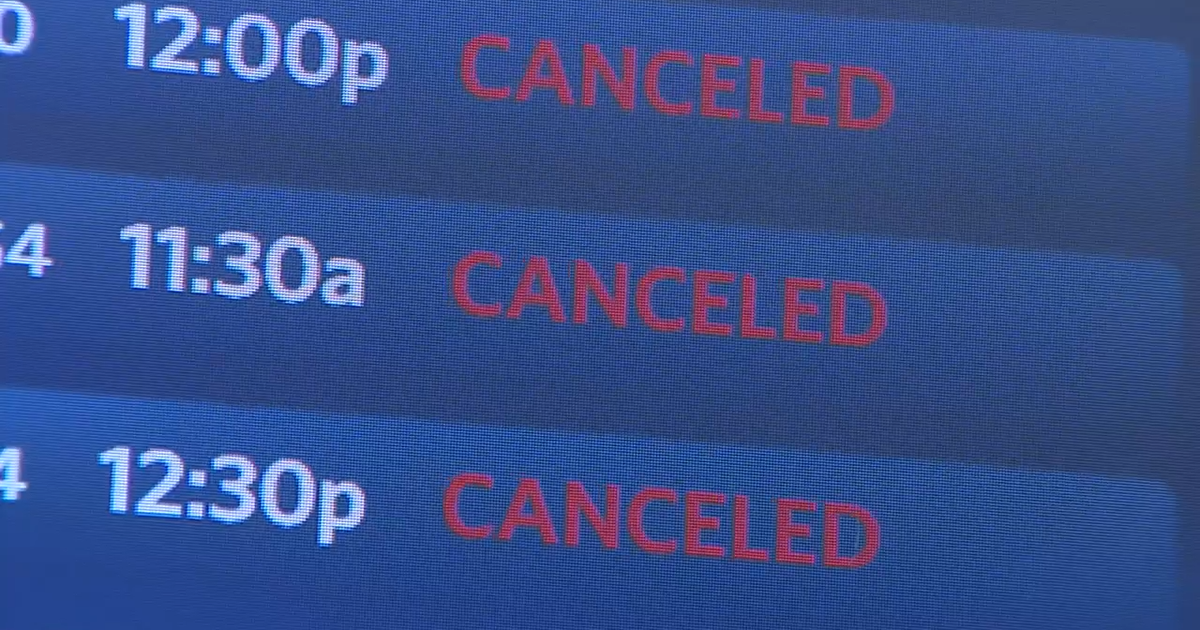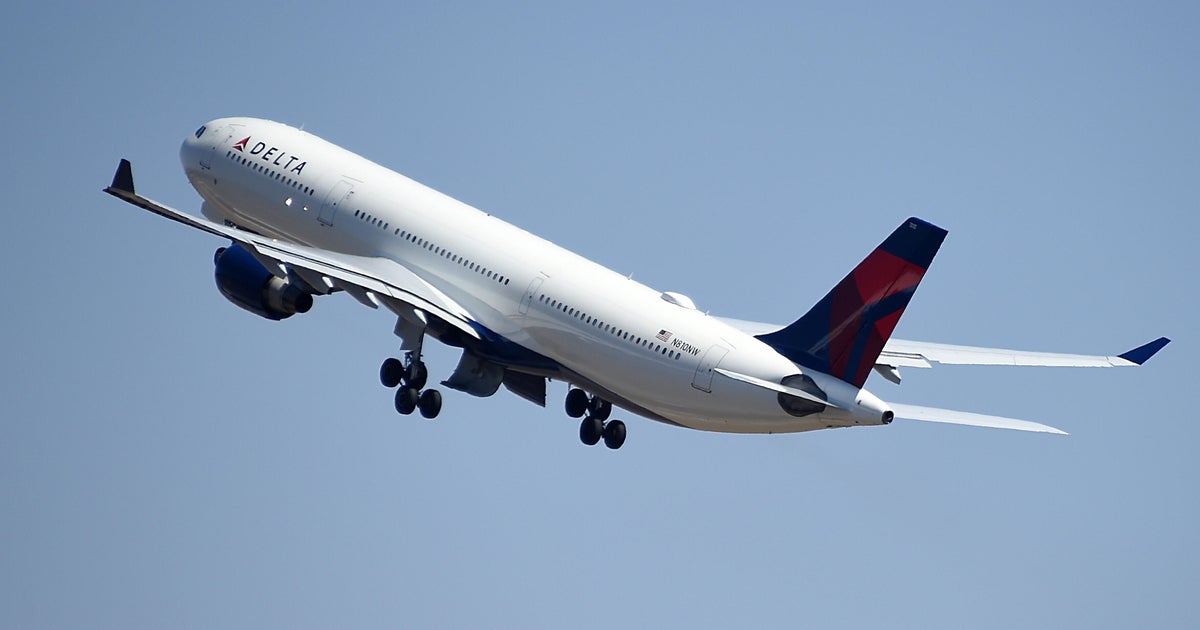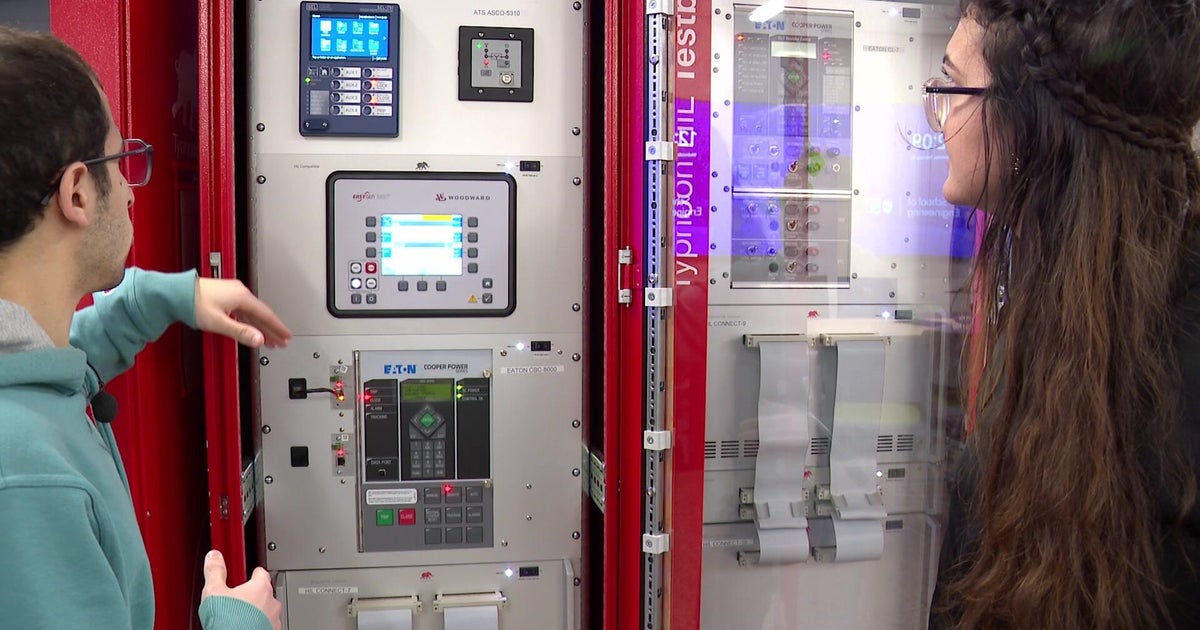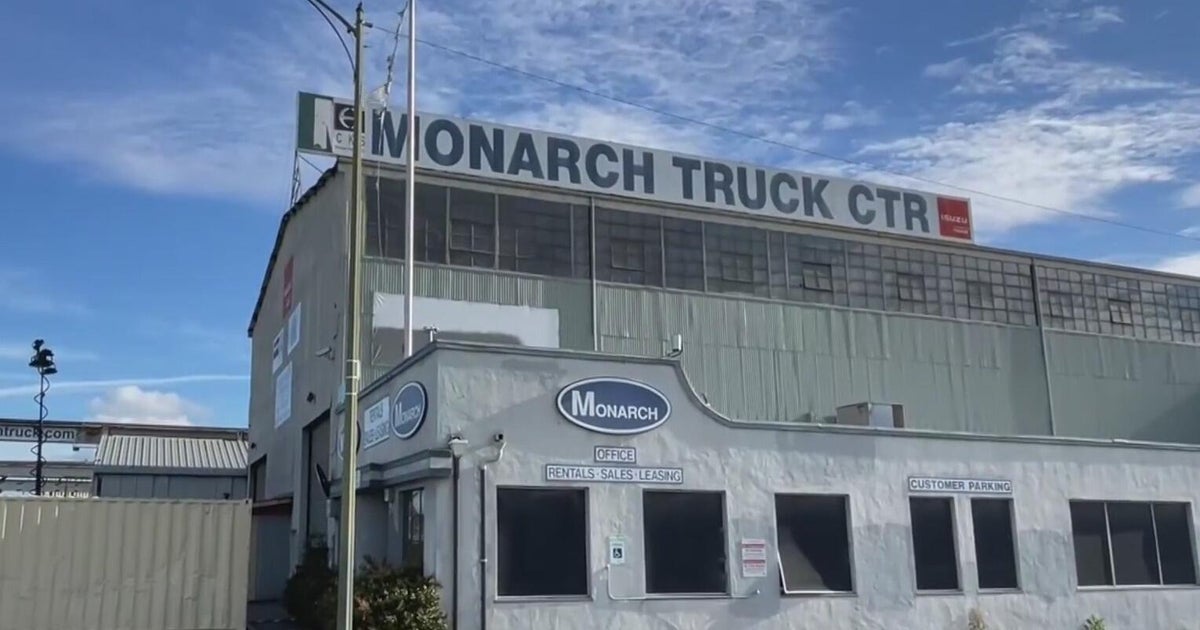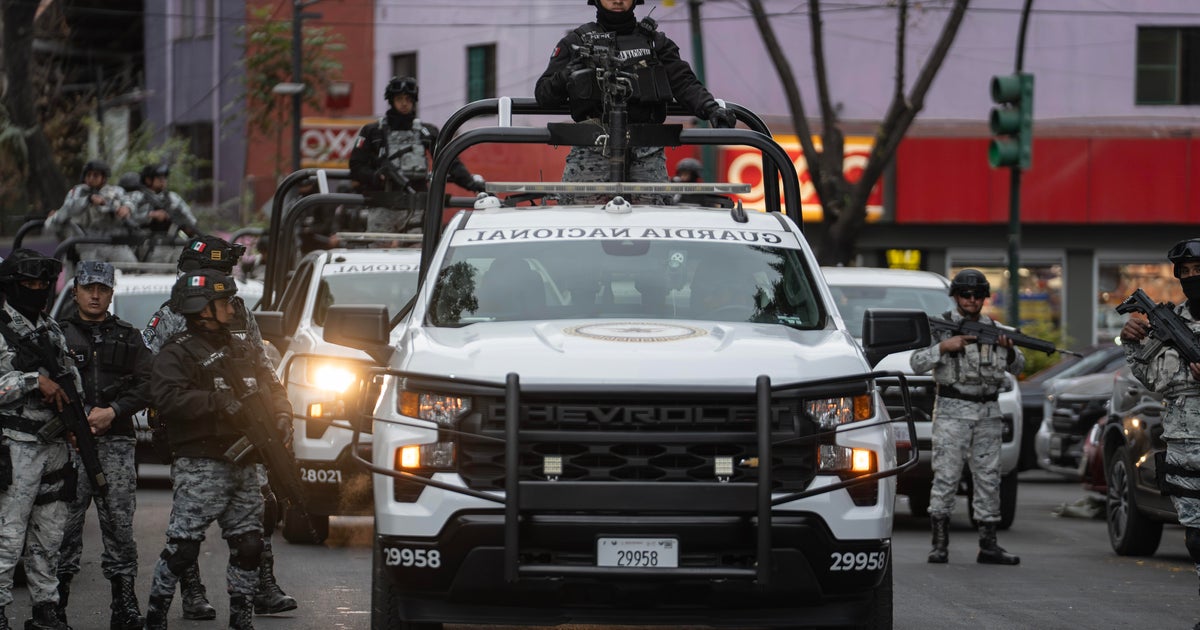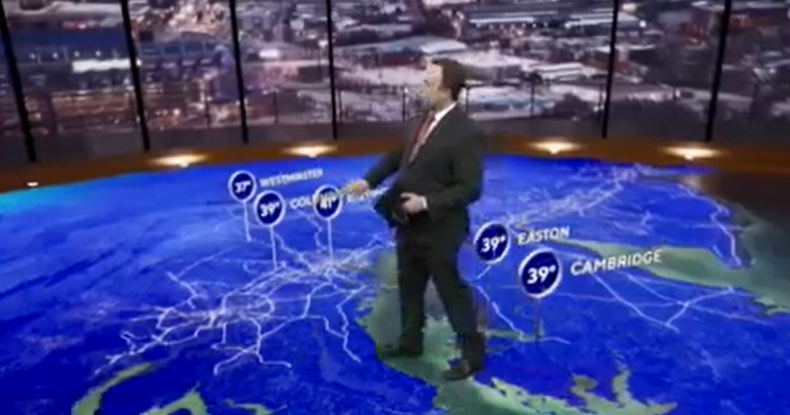Hedging Drives Delta Air Lines To 2Q Loss
MINNEAPOLIS (AP) — For an airline, the whole idea of fuel hedging is to protect against big run-ups in oil prices. It didn't work out that way for Delta Air Lines Inc.
Its bets that oil prices would rise went the wrong way then oil prices fell, pushing Delta to a second-quarter loss of $168 million, or 20 cents per share. During the same period last year, Delta had net income of $198 million, or 23 cents per share.
The culprit was $561 million in paper losses on oil price bets that hadn't settled yet. Those paper losses are smaller now because oil prices have risen slightly. If not for the hedging losses and other one-time items, Delta would have had a $586 million profit for the quarter, or 69 cents per share, a penny better than expected by analysts surveyed by FactSet.
Other than the hedging losses, the airline had a strong quarter. Fares are higher than a year ago, boosting a key measure of passenger revenue 8.5 percent, far better than the 3 percent gain for its main competitor, United Airlines. United, which reports Thursday, said one-time items partly crimped its per-seat passenger revenue.
Delta's overall revenue rose 6 percent to $9.73 billion, better than analysts had expected.
It plans to cut third-quarter flying by 1 percent to 3 percent compared to the same period last year. Delta has been intent on keeping the supply of flying tight so it can charge more for the seats that remain.
"We will further reduce capacity if necessary to make certain we properly match our capacity with demand," CEO Richard Anderson said.
The airline is getting rid of most of its 50-seat regional jets. It had more than 500 of them in 2008. It expects to have 125 of them within the next two years. Most of that flying will be replaced by new 76-seat jets as well as the 117-seat Boeing 717s Delta is leasing from Southwest Airlines.
As Delta cuts flying, it's reducing the size of its workforce, too. It said 2,000 workers volunteered to retire early, with most of them leaving by the end of this year. Most of those positions won't be filled, the airline said.
Delta executives said they expect it to be profitable in the third quarter.
Delta would have paid $3.21 per gallon for fuel during the quarter if not for the bad bets on oil prices. But because of those bets, it paid the equivalent of $3.95 per gallon.
Volatile fuel prices are why Delta bought a refinery in Trainer, Pa. in June. Delta is overhauling the refinery to maximize the proportion of jet fuel it produces, and expects to get it running in mid-September. The refinery will have a "modest loss" in the third quarter but should be profitable in the fourth, Chief Financial Officer Paul Jacobson said.
Delta said cargo revenue fell 1 percent as prices fell, even though it carried more goods.
Delta shares rose 14 cents to close at $9.47.
(© Copyright 2012 The Associated Press. All Rights Reserved. This material may not be published, broadcast, rewritten or redistributed.)
